As COVID-19 numbers continue to rise and healthcare workers struggle to keep patients safe, indigenous communities across the U.S. fight to be recognized.
COVID-19, along with many other diseases, has disproportionately impacted tribal communities, who, at times, lack essential needs and access to adequate medical care. But COVID-19 is just the tip of a mammoth iceberg that has systematically crushed indigenous people for generations. This injustice has woven itself into the fabric of a nation, causing economic loss, environmental instability, religious and political oppression and more.
The current health crisis has exacerbated many health issues in indigenous communities, including heart disease, diabetes, PTSD, depression, and suicide. Tribal Health Programs and Urban Indian Organizations provide limited resources, health options, and timely information. As we know, COVID-19 is a virus that has been difficult to contain. But fear and misinformation have made it even more difficult to corral.
We, as healthcare workers, must educate the public in order to contain COVID-19 and improve healthcare in indigenous communities.
If part of our indigenous communities distrust the information given, it puts everyone at risk.
According to the Urban Indian Health Institute (a division of the Seattle Indian Health Board) 35 percent of Native people who get COVID-19 die, compared to 6.3 percent of white people. Furthermore, the CDC is lacking the available data to quantify the disparity in COVID-19 incidence among indigenous people. The lack of data, exclusion in research, and misrepresentation in medical and academic publications can harm Native people by delaying assistance and affecting evidence-based practice models.
The lack of information can increase risk factors, prevent proper education regarding disease process, and stifle the social and economic growth of a tribe. Not having the adequate information to treat our patients affects how we do our jobs. Generalized equation models of data do not sufficiently include COVID-19 symptoms, current underlying health issues, ICU admissions, indigenous survival rate and deaths.
So how do we as healthcare providers, help break this cycle?
First, we must recognize tribal communities as sovereign entities. Our interventions must be tailored to a unique group of people who deserve respect and who, historically, have distrusted the medical community. We need to educate in a way that encompasses and includes tribal traditions in order for the information to be received properly. Healthcare workers must ask questions that are tailored to indigenous people. For instance, does the patient prefer the information in his/her language, which is pivotal to curtailing this virus? Or, would the patient prefer to have his/her family involved in medical decisions? Furthermore, health services for indigenous people need robust resources that extend throughout their community and include important elders and those that have a political, economic, and religious impact. We must think outside the box and realize that not every community views health and disease the same way.
Hospitals must also implement a better system of documentation that includes Native people. Exclusion of data and research will not help any healthcare system serving an indigenous community. Documentation should include not only basic statistics and medications, but availability of testing, results, side-effects, availability of research or vaccines, and understanding of the current disease process.
Lastly, we must not only educate but advocate for the health of the community where elders are pivotal to the survival of a tribe. They are the guardians of tribal culture and language and the most at risk during this pandemic. As healthcare workers, we have a responsibility to all communities and seek preventative mechanisms that are appropriate for all. Only then can we truly improve healthcare in indigenous communities during the pandemic and beyond.
This post was previously published on dailynurse.com
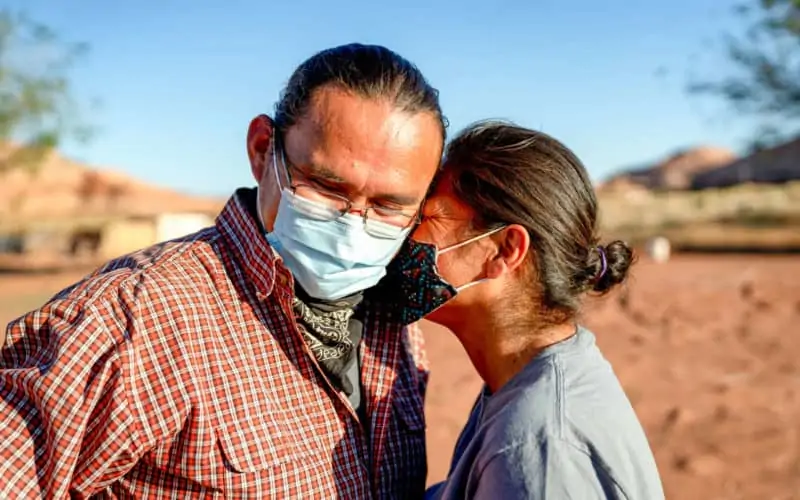
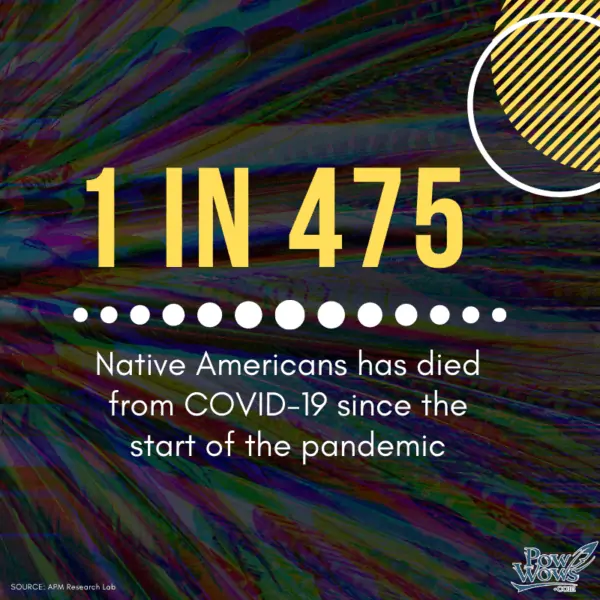
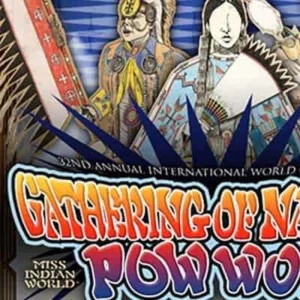
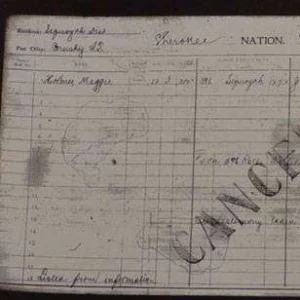
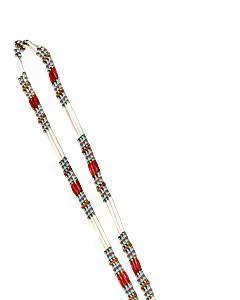
Jill Wagner
says:My heart and spirit are crying out that our culture is still trying to be wiped off the earth. There is no other Culture that has been treated this way NO ONE. A couple have been close to being treated this way but none like us. OUR CULTURE AND LANGUAGE MUST BE SAVED BEFORE IT IS TOO LATE. But I DO NOT BELIEVE THAT GREAT SPIRIT WILL ALLOW THIS TO HAPPEN. SOMETHING IS COMING AND IF WE PRAY WITH A PURE HEART AND LISTEN GREAT SPIRIT WILL GIVE US THE WISDOM TO HEAL THE EARTH AND SAVE ALL OF OUR CULTURES AND LANGUAGES AND ALL PEOPLE. WE HAVE ALWAYS BEEN LOVING KIND AND RESPECTFUL TO ALL AND THE ONLY WAY THAT WE HAVE FOUGHT BACK WAS TO KEEP FROM BEING WIPED OFF THE EARTH. I PRAY THAT ALL PEOPLE WILL OPEN THEIR HEART AND SPIRIT AND TAKE THE TIME TO RESEARCH AND LEARN THE TRUTH ABOUT HOW WE WERE AND STILL BEING TREATED. WE HAVE THE WISDOM TO HEAL MOTHER EARTH AND EVERY SPECIES WHO HAVE BEEN CREATED BY GREAT SPIRIT, GOD OR WHOEVER IT IS THAT YOU PRAY TO. I PRAY THAT EVERYONE WILL BE BLESSED WITH LOVE PEACE KINDNESS AND RESPECT AND WHATEVER YOU NEED TO STAY SAFE IN THESE DIFFICULT TIMES A’HO 🤝❤️🙏🙏🙏🙏🙏
cynthia whipple
says:good words